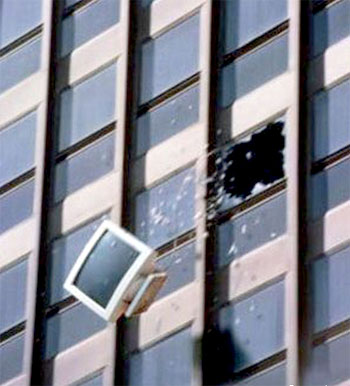HardOCP News
[H] News
- Joined
- Dec 31, 1969
- Messages
- 0
The sky is falling! The sky is falling! This time the sky has fallen another 10%. Oh no, what shall we do?
Personal-computer shipments fell 10 percent in 2013, marking the worst-ever decline after lackluster holiday sales underscored how consumers and businesses are shunning machines for mobile devices, two research firms said.
![[H]ard|Forum](/styles/hardforum/xenforo/logo_dark.png)

